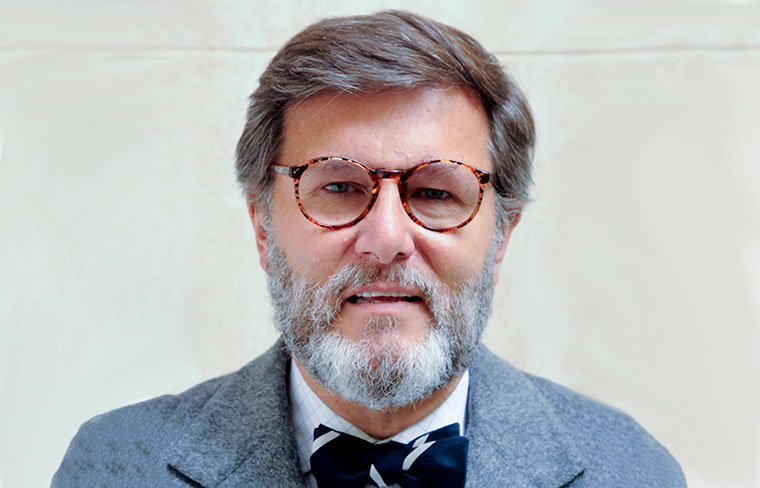
Gastrointestinal surgeons worldwide have problems and concerns that are specific to their practices and regulatory environments. They also have issues that span borders and lend themselves to international scrutiny.
“We have both clinical and professional issues that are bigger than any one country, and learning how things are handled in, say, Japan and Latin America and Europe can give all of us new ideas. We can all benefit from the multicultural diversity our international members bring to DDW®,” said Alberto R. Ferreres, MD, PhD, a member of the SSAT International Relations Committee.
This year the committee has planned two international sessions, one devoted to a clinical conundrum and one devoted to medical and surgical education topics.
Saturday’s SSAT International Program I: New Challenges in Digestive Track Surgery Worldwide will focus on professional issues. Topics include: managing professional and personal lives to improve well-being; challenges in academic GI surgery; the changing role of women in GI surgery; understanding, preventing and dealing with physician burnout; preparing for retirement and a successful career end; and prevention and rehabilitation of the impaired surgeon.
Surgeons are as vulnerable to chemical dependency as the rest of the population, noted Dr. Ferreres, professor of surgery at the University of Buenos Aires and chair of surgery at Dr. Carlos A. Bocalandro Hospital in Buenos Aires, Argentina. One of the most renowned impaired surgeons was William S. Halsted, MD, professor of surgery at the Johns Hopkins Hospital, who was addicted to cocaine and morphine as he pioneered treatments for breast cancer, hernias and gallstones.
The session’s other topics may be familiar, but attendees count on different perspectives to help manage common issues, Dr. Ferreres noted.
A Sunday session, SSAT International Program II: What is New in Crohn’s Disease?, will explore the latest evidence in the multidisciplinary treatment of Crohn’s disease, the interplay between biologic agents and surgery, the promise of stem cell therapy, new procedures and the limits of laparoscopy in elective surgery for Crohn’s, and the latest medical and surgical options for short bowel syndrome in Crohn’s.
“We have immense diversity in looking at our common problems in gastrointestinal surgery and in finding solutions for conditions like Crohn’s disease,” Dr. Ferreres said. “I urge attendees to come to these sessions and discover all the different approaches that can work in different situations.”
Please refer to the DDW Mobile App or the Program & Exhibits sections in Saturday and Sunday issues for the times and locations of these and other DDW events.



